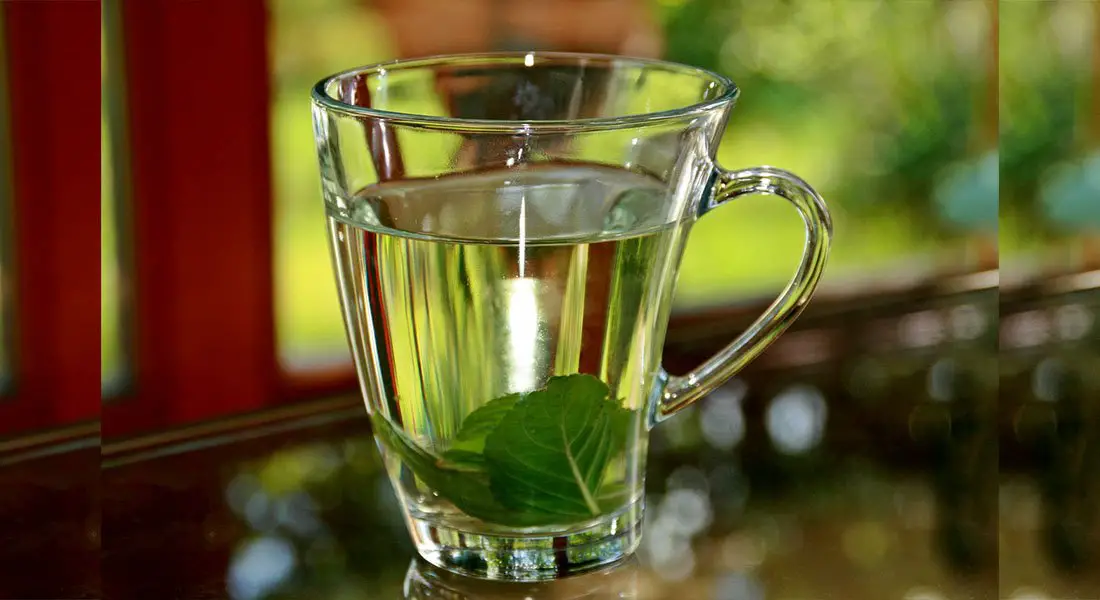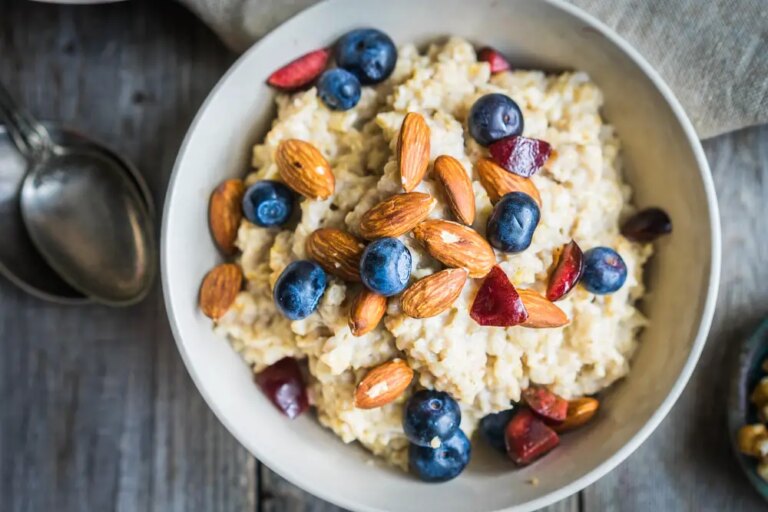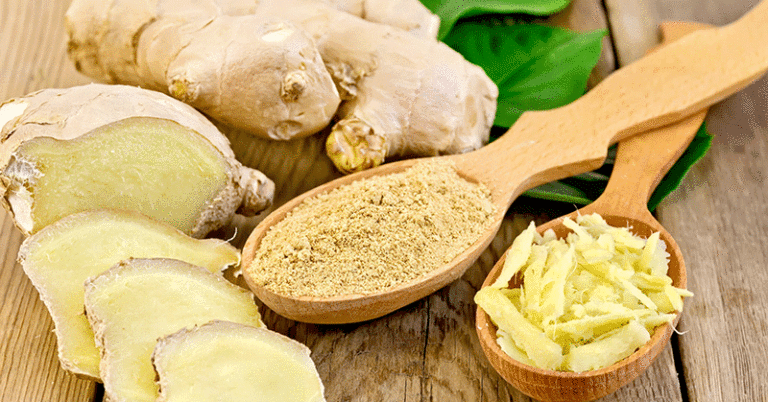When my daughter was small she loved the book The Gas We Pass: The Story of Farts. She even wrote a book report about it in 1st grade and was indignant when her teacher told her off for writing about something inappropriate. Personally I was with my daughter on this one. It’s completely normal to pass some gas.
In fact most people produce about 1 to 4 pints of gas a day and pass gas about 14 times a day. However if the amount of gas you produce is embarrassing or uncomfortable here are some tips to naturally reduce the gas you pass. Intestinal gas contains oxygen, nitrogen, hydrogen, carbon dioxide and methane. The oxygen and the nitrogen come from the air we breathe whereas the rest are by-products of bacterial fermentation in the gut. The odor comes from the bacteria in the intestines releasing small amounts of sulfur. About 1/3 of people also produce methane. You’ll know you are a methane producer if you have stools that consistently float in water.
Some people suffer from gas because they swallow air. Everyone swallows a bit of air when they are eating or drinking but if you eat really quickly you may be swallowing more than is normal. Chewing gum can cause you to swallow air, as can fizzy drinks. Different foods effect people in different ways, but in general people are more likely to produce gas in response to carbohydrates rather than proteins or fats.
For patients who are seeking to reduce gas I often suggest keeping a food diary so that you can work out what is affecting you. Here are the common culprits:
Sugars
• Raffinose.
Beans contain large amounts of raffinose. Smaller amounts are found in cabbage, Brussels sprouts, broccoli, asparagus, other vegetables, and whole grains.
• Lactose.
Lactose is the natural sugar in milk. It is also found in milk products, such as cheese and ice cream and in some processed foods. Many people, particularly those of African, Native American, or Asian background, have low levels of lactase, the enzyme needed to digest lactose. Also, as people age, their enzyme levels decrease. As a result, over time people may experience increasing amounts of gas after eating food containing lactose.
• Fructose.
Fructose is naturally present in onions, artichokes, pears, and wheat. It is also used as a sweetener in some soft drinks and fruit drinks.
• Sorbitol.
Sorbitol is a sugar found naturally in fruits, including apples, pears, peaches, and prunes. It is also used as an artificial sweetener in many diet foods.
Starches
Most starches, including potatoes, corn, pasta, and wheat, produce gas as they are broken down in the large intestine. Rice is the only starch that does not seem to cause gas.
Fiber
Many foods contain soluble and insoluble fiber. Soluble fiber dissolves easily in water and takes on a soft, gel-like texture in the intestines. Found in oat bran, beans, peas, and most fruits, soluble fiber is not broken down until it reaches the large intestine, where digestion causes gas. Insoluble fiber, on the other hand, passes essentially unchanged through the intestines and produces little gas. Wheat bran and some vegetables contain this kind of fiber.
As a Practitioner of Chinese medicine I diagnose excessive gas according to Chinese medical theory. Usually it’s a result of weak Spleen Qi, which is a way of describing weak digestion. Some people have weak Spleen Qi combined with damp, which means that they produce mucus in response to irritation in their digestive system.
I usually give each patient a specially tailored herbal formula specific to their unique patter but there is also an over-the-counter Chinese formula called Kang Ning Pian (Chrysanthemum & Ginger Pills) that is safe and cheap and works really well for some people.
Acupuncture can be helpful to pep up a sluggish digestive system and relieve pain from bloating.
Things you can do for yourself
- Drinking peppermint tea helps some people
- Chewing on caraway seeds is an Ayurvedic remedy for gas and bloating
- Similarly fennel seeds can aid digestion and ease bloating and pain
- For gas caused by milk and other dairy products you can buy the enzyme lactase, which aids with lactose digestion, and is available without a prescription. Lactaid and Lactrase are two common brands. You can also buy lactose reduced dairy products in most supermarkets
- For gas caused by beans and vegetables you can buy Beano, an over-the-counter digestive aid, which contains a sugar-digesting enzyme that the body lacks to digest the sugar in beans and many vegetables. The enzyme comes in liquid and tablet form. Five drops are added per serving or one tablet is swallowed just before eating to break down the gas-producing sugars. Beano has no effect on gas caused by lactose or fiber.
- Many patients find that taking a regular probiotic helps keep the growth of gas-producing bacteria in check.
- Soaking beans before cooking helps to remove some of the indigestible sugars as does cooking them with Japanese kombu, a sea vegetable, in the cooking water
- Ginger tea is an old Chinese remedy that benefits digestion
- Eat slowly and chew your food properly to reduce the amount of air you take into your stomach
ABOUT JILL BLAKEWAY:

To learn more about Jill, visit JillBlakeway.com
Connect with Jill on:




















